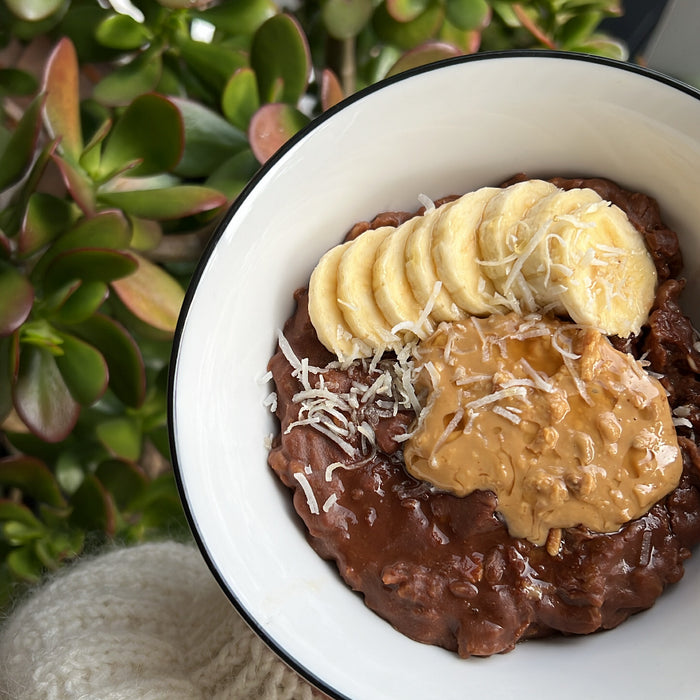When we think of “environmental pollutants” and their causes, what sort of things come to mind? Typically, we may think of air pollution caused by car fumes, industrial gases, factory outputs and airborne chemicals from pesticides and other things sprayed into the air. We may think of water pollution caused by oil spills in the oceans or chemicals in waterways, rivers and oceans as a result of factories, farming and irrigation. There are, in fact, many contributing factors to air and water pollution and there are also other types of environmental pollutants such as soil, noise and light pollution that we may not think of straight away. This newsletter article will look specifically at air and water pollution and how we can reduce our contribution to these environmental pollutants in our homes simply by the choices we make on a daily basis. Air pollution is one of the most harmful forms of pollution. It’s caused by smoke emitted by cars, buses, trucks, trains and factories. Some of the chemicals that are emitted include sulphur dioxide, carbon monoxide and nitrogen oxides. Even smoke from cigarettes or from burning leaves, treated or painted timbers or even unseasoned wood in wood heaters are harmful to the environment and our health. Some other air pollutants include chloroflurocarbons (CFCs), which are released from refrigerators, airconditioners, aerosol deodorants and insect repellants and can cause severe damage to the Earth’s environment by slowly damaging the atmosphere and depleting the ozone layer. Some basic ways to reduce these impacts on the environment could include carpooling or finding alternative means of transport, avoiding aerosol products and being mindful of the type of wood we burn. Other wider measures such as shopping locally and supporting products that are not mass produced in factories means that you contribute less to the costs of producing and transporting these products. Water pollution is caused by industrial waste products released into lakes, rivers and other waterways as well as the disposal of garbage and other household waste, including cleaning and laundry products. Water pollution can also indirectly occur as an offshoot of soil pollution through the use of fertilisers, pesticides and insecticides that soak into or run off the soil and leach into groundwater. Most conventional laundry detergents and cleaning products contain toxic chemicals with negative health effects ranging from skin and throat irritation to carcinogenicity. These laundry detergents are often derived from petrochemicals and also contain phosphates and synthetic fragrances, which stay in fabrics and clothing long after washing. This also means that they decompose relatively slowly and can be highly toxic to living creatures and other marine life once in our waterways and oceans. To better understand our contribution to water pollutants, it may be helpful to think about where our water goes upon leaving the house. On rural properties, waste water from the house most likely goes into a septic system on the property where it is slowly absorbed and filtered into the ground. Because this water eventually returns to the soil on which you live, it is even more important that there are no chemicals in that cycle. In a suburban home, sewage and waste water from the bathroom, toilet, kitchen and laundry enters the sewage system through a network of underground pipes, and eventually leads to a sewage treatment plant where it is then treated and processed before it can be either supplied as recycled water or released into the environment. Any chemicals that are added to that process through laundry detergents, toxic cleaning products or other industrial waste are difficult to remove, and can therefore contaminate the water being released back into the environment. When that water is eventually pumped into the ocean, it will have an inevitable and detrimental effect on the marine life as well as affecting the quality and cleanliness of the water that we swim in. Some ways to minimise water pollution include choosing laundry detergents and cleaning products that are natural, plant-based, grey water safe and don’t contain any harmful chemicals. Try choosing some natural recipes for cleaning products and natural alternatives for pest control in your home and garden. In our busy lives, it’s sometimes easy to forget that the things we pour down the sink or wash with at home can end up all the way in the ocean. Similarly, it might be difficult to imagine that the choices we make as one individual on this huge planet can impact the wellbeing of our environment in such significant ways! At Santos Organics, we ensure that all of our cleaning products, dishwashing and laundry detergents are free from nasty chemicals and safe for both you, your family and our environment. Check out our range of great
Cleaning and Washing products online and instore and keep an eye on our Facebook page for other helpful information.

